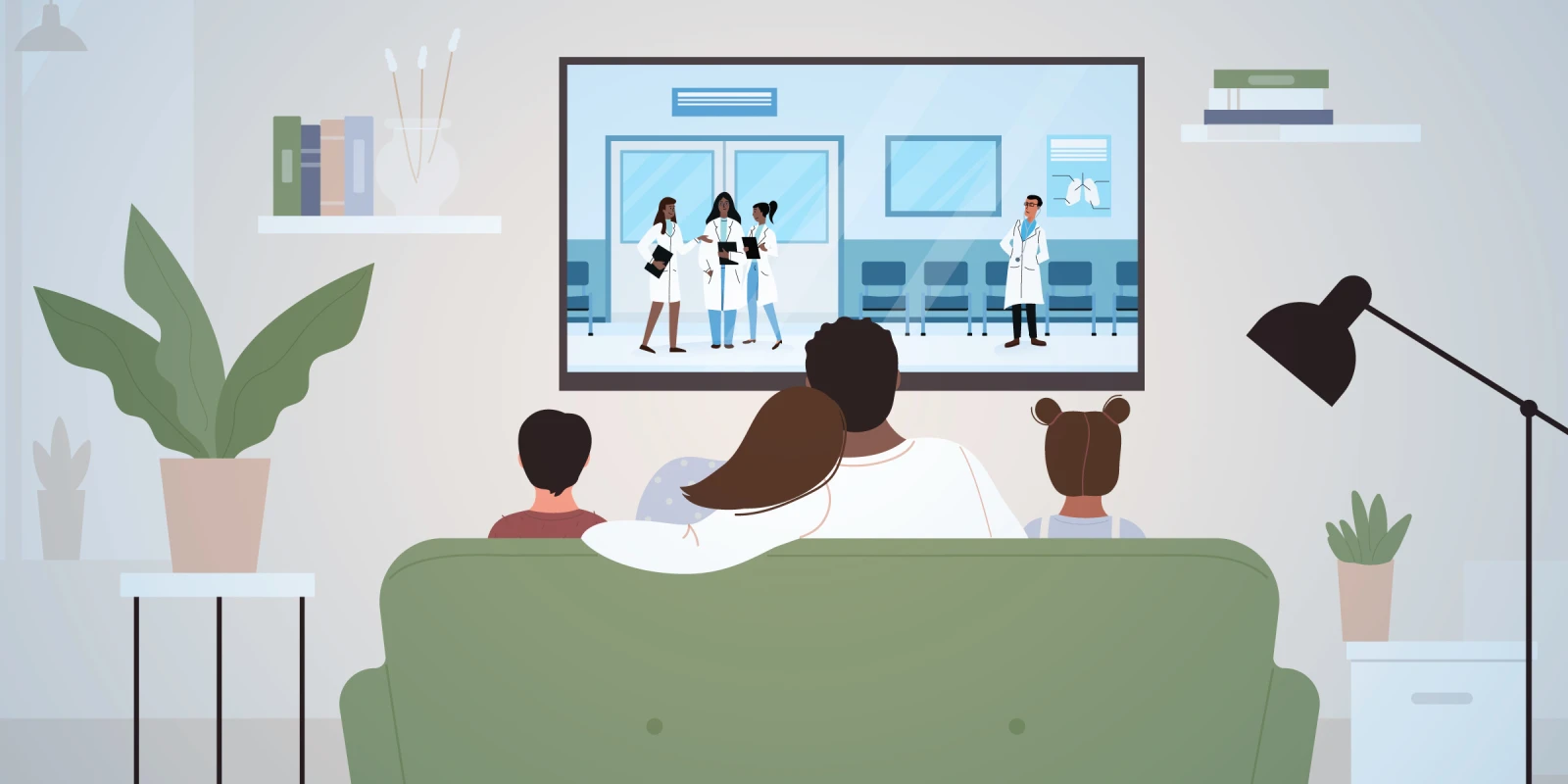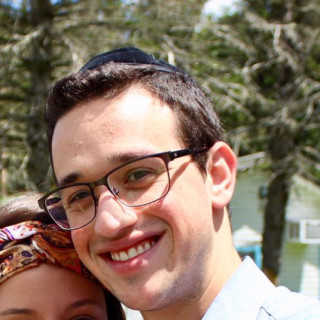As an undecided major in college, my career guidance counselor recommended I take a career compatibility test to help me choose a major and hopefully help me find my future career path. Unfortunately for us both, I ranked in the 50th percentile for almost all categories. At that time, she decided to try a different tactic. “What TV shows do you like to watch?” She asked. “That’s not fair” I responded, though I began to smile, realizing with that question that I already knew my major and eventual career path. “My favorite comedy is Scrubs and drama is House.” That was the beginning of the end of my major and career search, and eventually led me through medical school into hospital medicine.
I’ve been fortunate to have had many inspirational and aspirational mentors during my training. I’ve emulated many of their teaching styles and bedside manners, and continue to use the vast amount of medical knowledge and clinical skills they have taught me. I have a special place in my heart, though, for my fictional mentors on TV who, with their excitement, wit, and humanity pushed me into this career. I remember watching House as a teenager and enjoying the title character’s calmness amid diagnostic uncertainty — not to mention his smooth, well-timed quips (which only further exasperated his busy medical staff). What I admired in particular was, thankfully, not House’s bedside manner or cynicism, but rather the tranquility he possessed, buttressed by vast and comprehensive medical knowledge. Later on in medical school, I learned quickly that outside of the writers’ room, that moment of fulfillment in diagnosing the mystery case can only come after hours of diligent studying and years of experience.
Perhaps a more healthy mentor was to be found in “JD” on Scrubs. Upbeat, optimistic, if not a little green, his character would grow week after week via honest emotional contemplation about what it means to be a doctor, including both the excitement and the pain. Throughout the show, JD navigated the strong but challenging relationships that are created in residency, both with fellow residents as well as attendings, teachers, administrators, nurses, and patients themselves (along with the janitor). This honest and humorous depiction of medical training certainly has been a source of optimism and catharsis for me, especially as I become more aware that in real life the hospital is often not the place for silly skits, and sappy music doesn’t play at the end of each day.
These archetypes that we admire on the small screen ultimately can go beyond simple entertainment. Whether it’s watching the savant brilliance of Doogie Howser, the tenacity of Meredith Grey, the clever quirkiness of Mindy Lahiri or the many new fictional doctors on our screens, these characters can help us appreciate our own values and aspirations, both by showing us what to do and what not.
With this appreciation, I am not naive in thinking that television is inherently a healthy, innocuous introduction to the medical field. Hollywood thrives on romanticized and oversimplified tropes that are often disconnected from the realities and sorrows of true human experience. While these create high quality entertainment, they can skew our expectations toward our daily experience. The medical field in particular is sensitive to this romanticization. Medical practitioners are navigating not only life-threatening illnesses of their patients daily, but also seeing people at their most vulnerable — a dynamic more complicated than most TV shows can get at.
The realities of medicine, in other words, are not as polished as what’s shown on the screen, where every patient has a clear diagnosis and treatment, and emotional catharsis always comes when you need it. While this adds to the difficulties and frustrations of medicine, it also gives it a sense of beauty. There is a purity and authenticity behind our patient relationships that Hollywood, with all of its magic, cannot recreate. While my medical career may have started as a way to emulate fictional characters in an invented world, it has led to an appreciation of the unique and genuine human connections I can experience in the leading role of my career.
Do you have a favorite fictionalized doctor? Share who and why in the comments below!
Ian Gleaner is an attending internal medicine physician and instructor of medicine at Cooper University Hospital and Cooper Medical School of Rowan University. His interests include medical education, exploring the physician-patient relationship, and medical ethics.
Image by Flashvector / GettyImages







